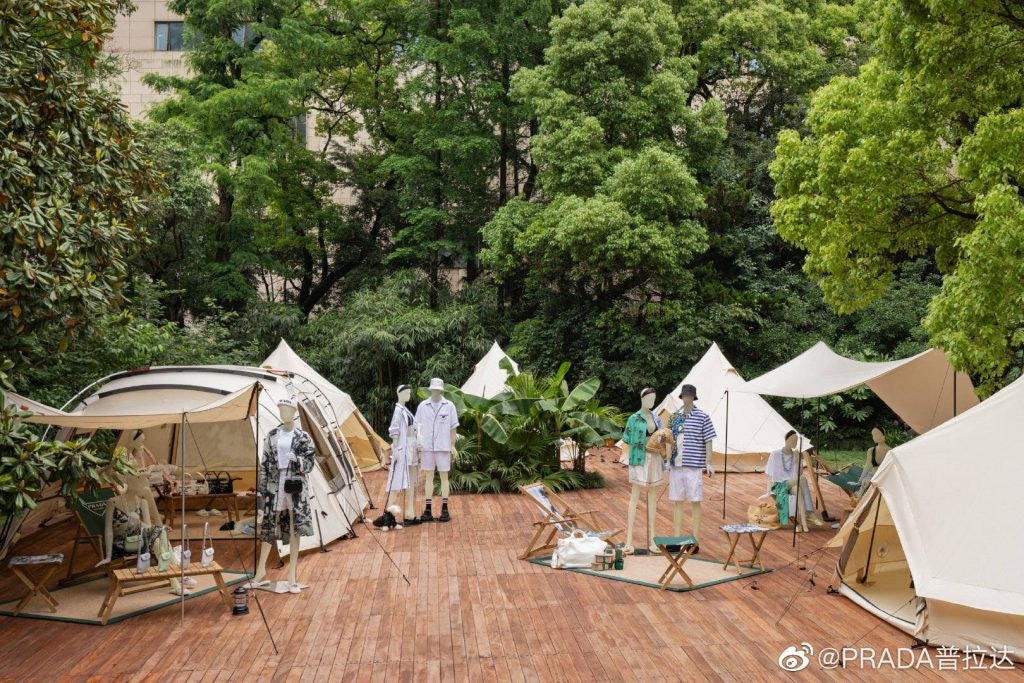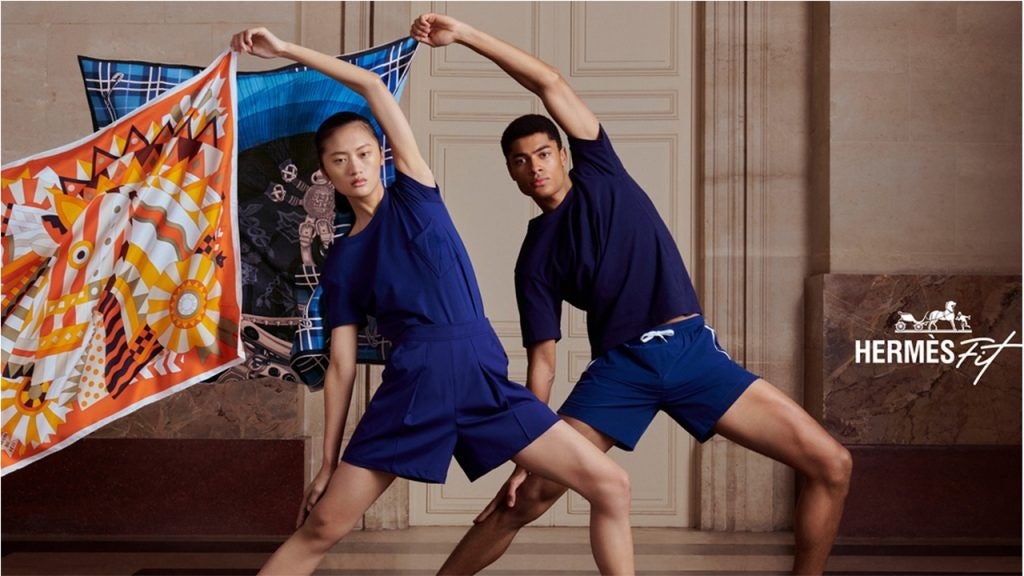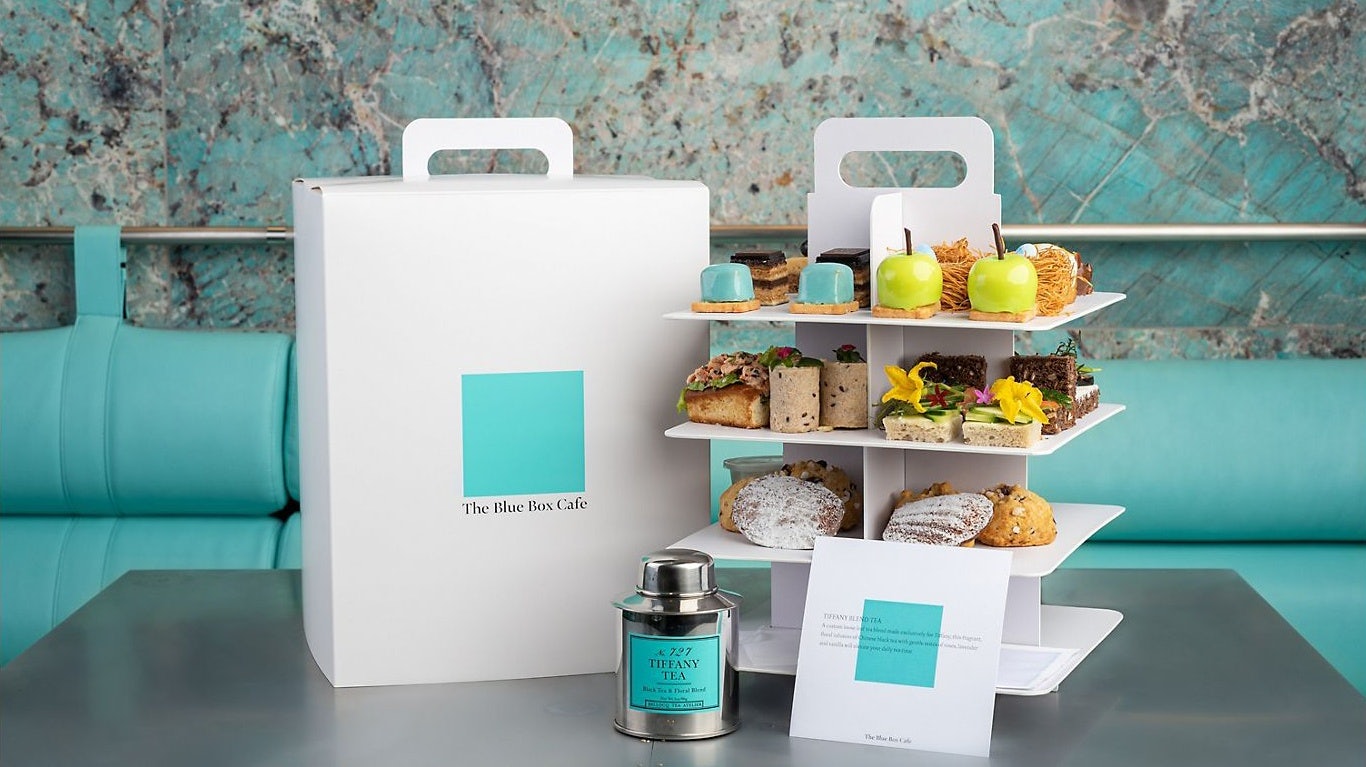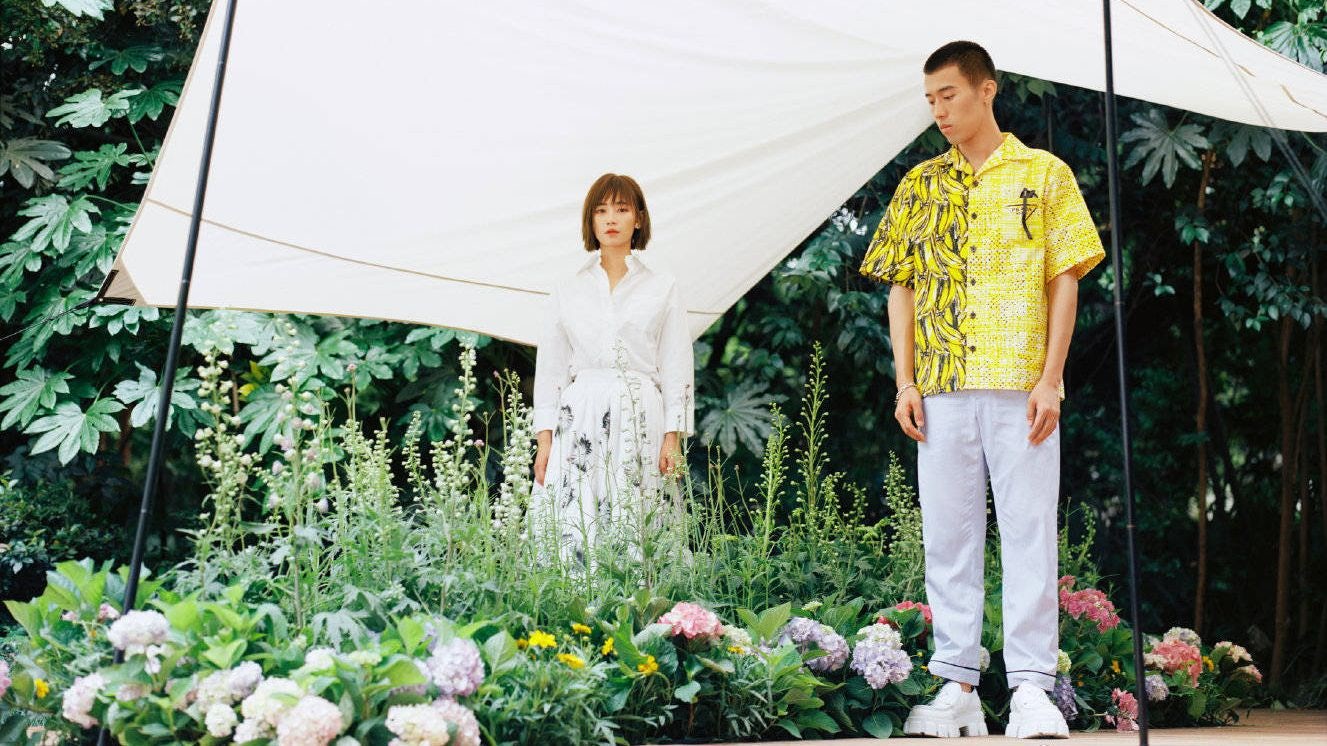Key Takeaways:#
Luxury brands could select a new breed of brand ambassadors and icons — people who represent the more adventurous spirit of this new, risky demographic.
According to a recent Microsoft survey, 41 percent of the global workforce is considering leaving their current employer over the next year.
Preferring luxury access and experiences over ownership is a trend that began even before the pandemic.
Known as the “burnout generation,” discouraged millennials worldwide have been rebelling against stagnant wages, grueling work schedules, and a lack of job security. And pandemic feelings of isolation have only seemed to intensify their anguish and distress.
In fact, after two years of suffering at the hands of COVID-19, millennials became very aware of their mortality. Now, for obvious reasons, many of them are trying to escape their urban rat races.
In China, a country renowned for its efficiency and high-performance workers, Gen Zers have embraced the philosophy of “touching fish,” which means to slack off at work and do the bare minimum rather than deliver a stellar performance. Their laziness is a form of protest against a system they now feel is rigged for the rich and powerful.
Like Gen Zers, Chinese millennials are also protesting. However, their insurrection has less to do with laziness and more with a reevaluation of their lifestyles. Many overworked millennials have embraced a YOLO (you only live once) mentality by quitting their secure jobs to pursue high-risk ventures or set lofty businesses goals. Others have left the chaos of urban life altogether to embrace early retirement or move to “intentional communities” in remote rural areas. And it is their rejection of a capitalist lifestyle that has fueled this YOLO phenomenon, which has already taken the US, UK, and Australia by storm and is gaining traction in China.
According to a recent Microsoft survey, 41 percent of the global workforce is considering leaving their current employer over the next year. Additionally, more than 70 percent of workers want their companies to offer flexible or remote work options.
Global brands understand that the cost of replacing a worker is very high. In fact, a Gallup report shows that the current millennial turnover is costing the US economy 30.5 billion annually. So one has to wonder: What has the impact of the YOLO economy been on luxury consumption in China?
The rise of the frugal consumer#
Without secure, cushy jobs and a monthly paycheck, many young consumers will see a significant cut in their disposable incomes. This development will push them towards frugal existences where luxury spending must be dramatically cut.
Global brands should soon expect this luxury fatigue and start planning accordingly. For example, these brands could refresh their product offering and introduce branded "glamping" equipment that satisfies the needs of outdoor aficionadoes. In fact, a report from Grand View Research valued the global glamping market at 1.88 billion in 2020, with a CAGR of 14.1 percent from 2021 to 2028.

Additionally, luxury brands could select a new breed of brand ambassadors and icons who represent the more adventurous spirit of this new, risky demographic.
Experience over ownership#
Enjoying access and experiences over ownership is a trend that was heading our way even before the pandemic. The rise of experiential luxury has pushed a brand like Louis Vuitton to branch out and expand its presence into the world of hospitality via the acquisition of Belmond. Meanwhile, Tiffany & Co. took a page from Ralph Lauren by inaugurating its Blue Box Cafe while Gucci opened another Osteria in Tokyo.
Apart from hotels, restaurants, and cafes, luxury brands are also creating authentic experiences in the virtual world. Today, anime, gaming elements, and avatars are easily associated with brands like Louis Vuitton and Gucci. It is an engagement strategy that has helped these brands connect with a whole new set of luxury shoppers. Luxury brands should undoubtedly expand this experiential approach even if it implies pursuing customers in the virtual world.
Wellness, comfort, and wellbeing are the new luxuries#
If there is a single lesson we have learned from 2020, it is that creating a healthier, more balanced life is crucial. After passing through “the golden age of pajamas,” many have learned that comfort is more important than being fashionable. “Wellness and self-care have suddenly become more of a priority than ever,” said Celenie Laura Fleur Seidel, the senior womenswear editor at Farfetch, toVogue Business.

Luxury brands should understand that the newfound awareness of our mortality is pushing us to live healthier and smarter lives. Accordingly, brands should be prepared to embrace the fitness wave that the YOLO economy has ushered in. In fact, today's YOLO economy has the potential to revolutionize the luxury industry. COVID-19 was the catalyst, but this change was a long time coming.

